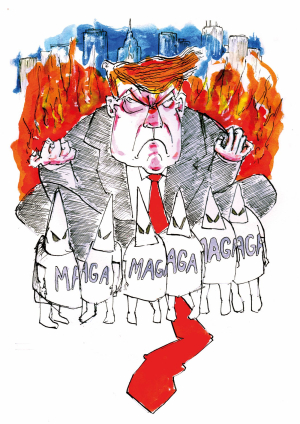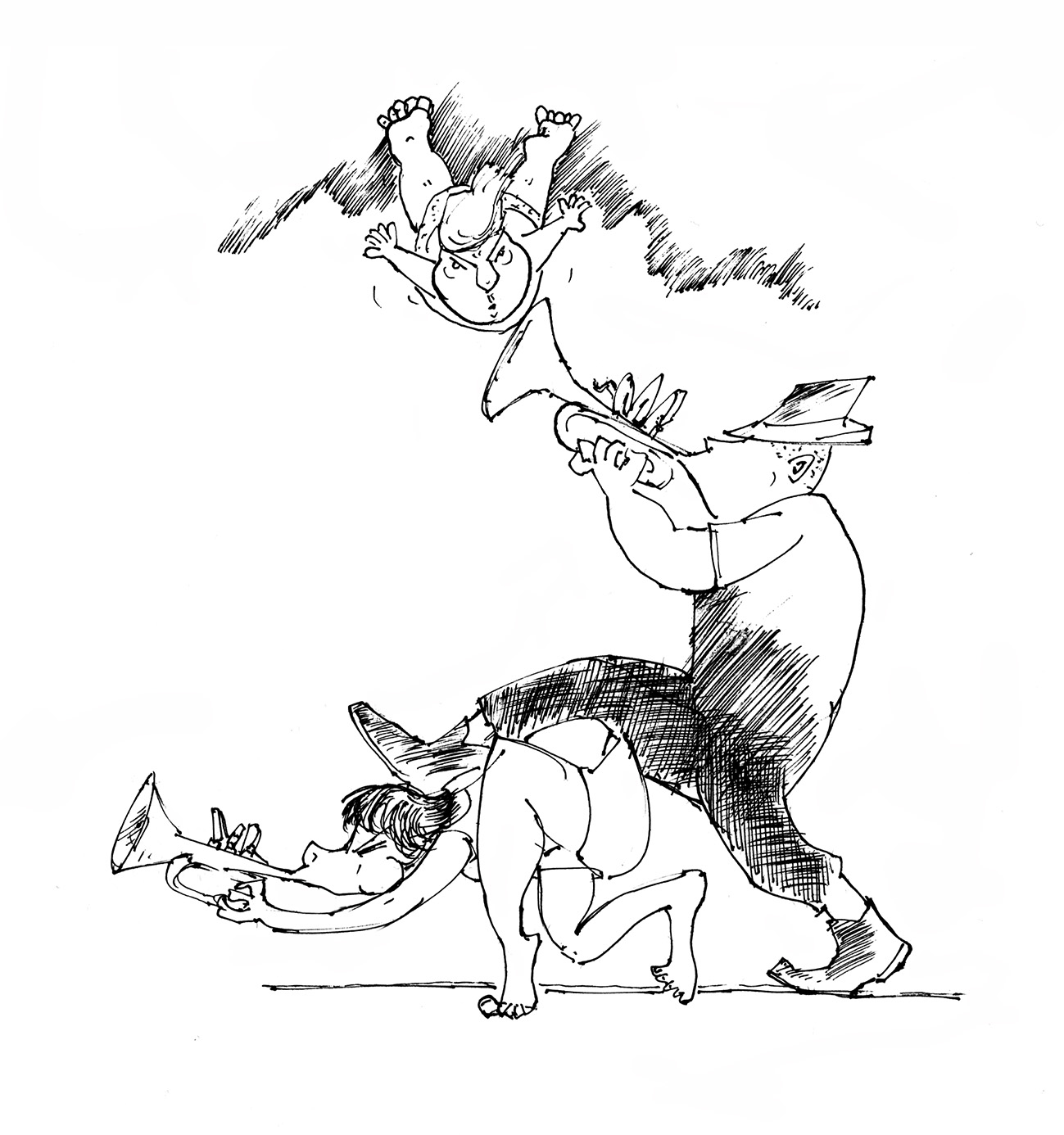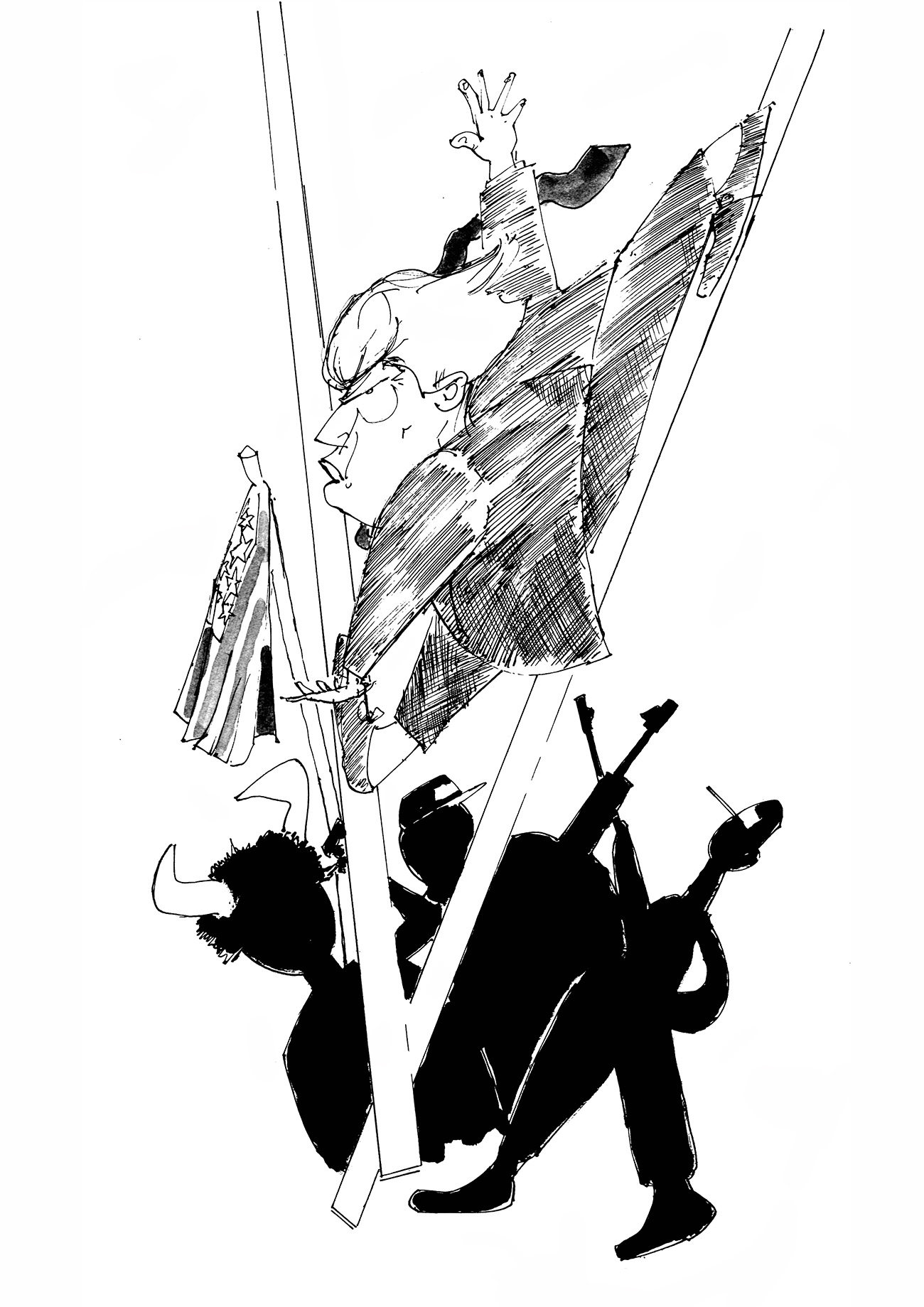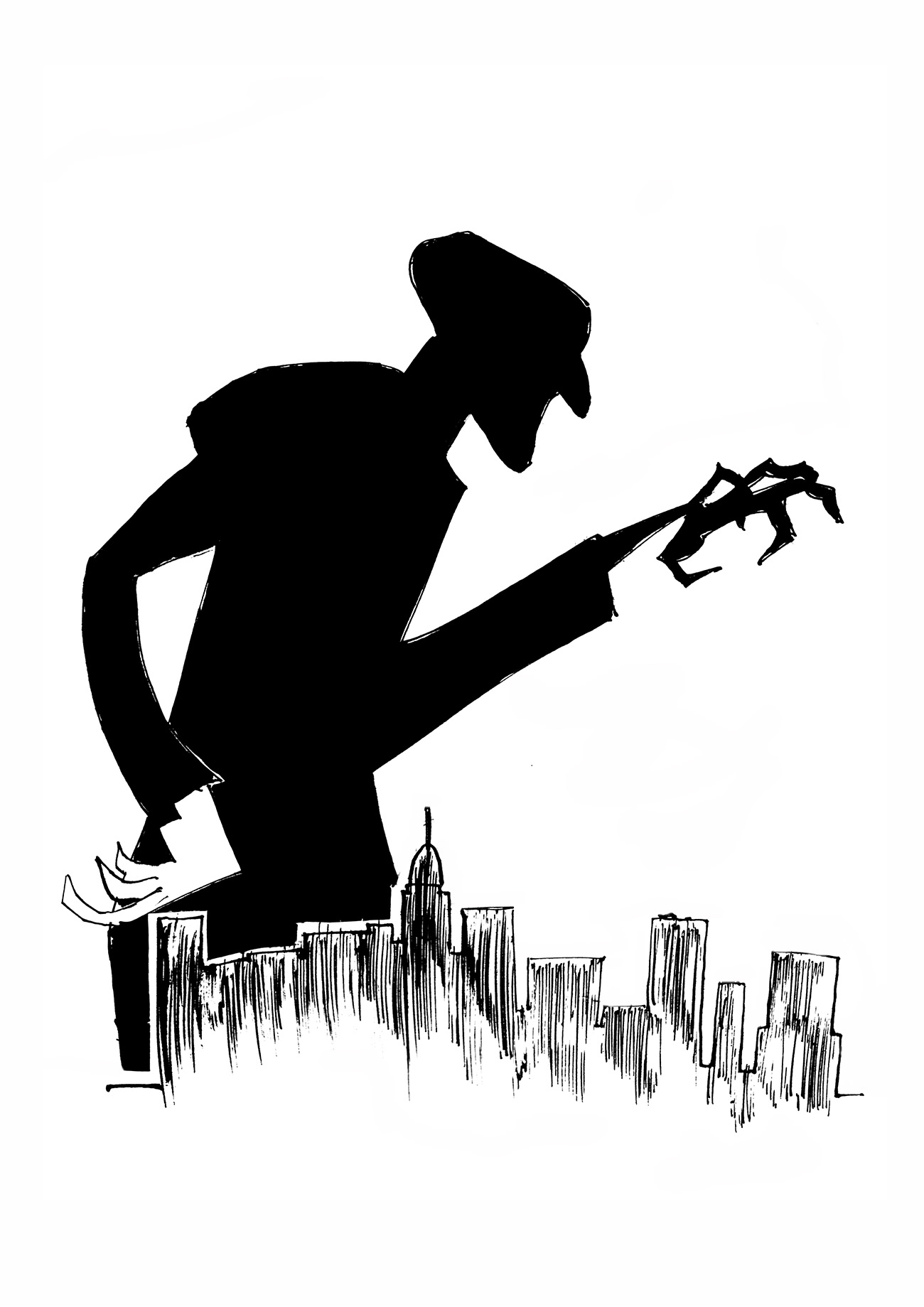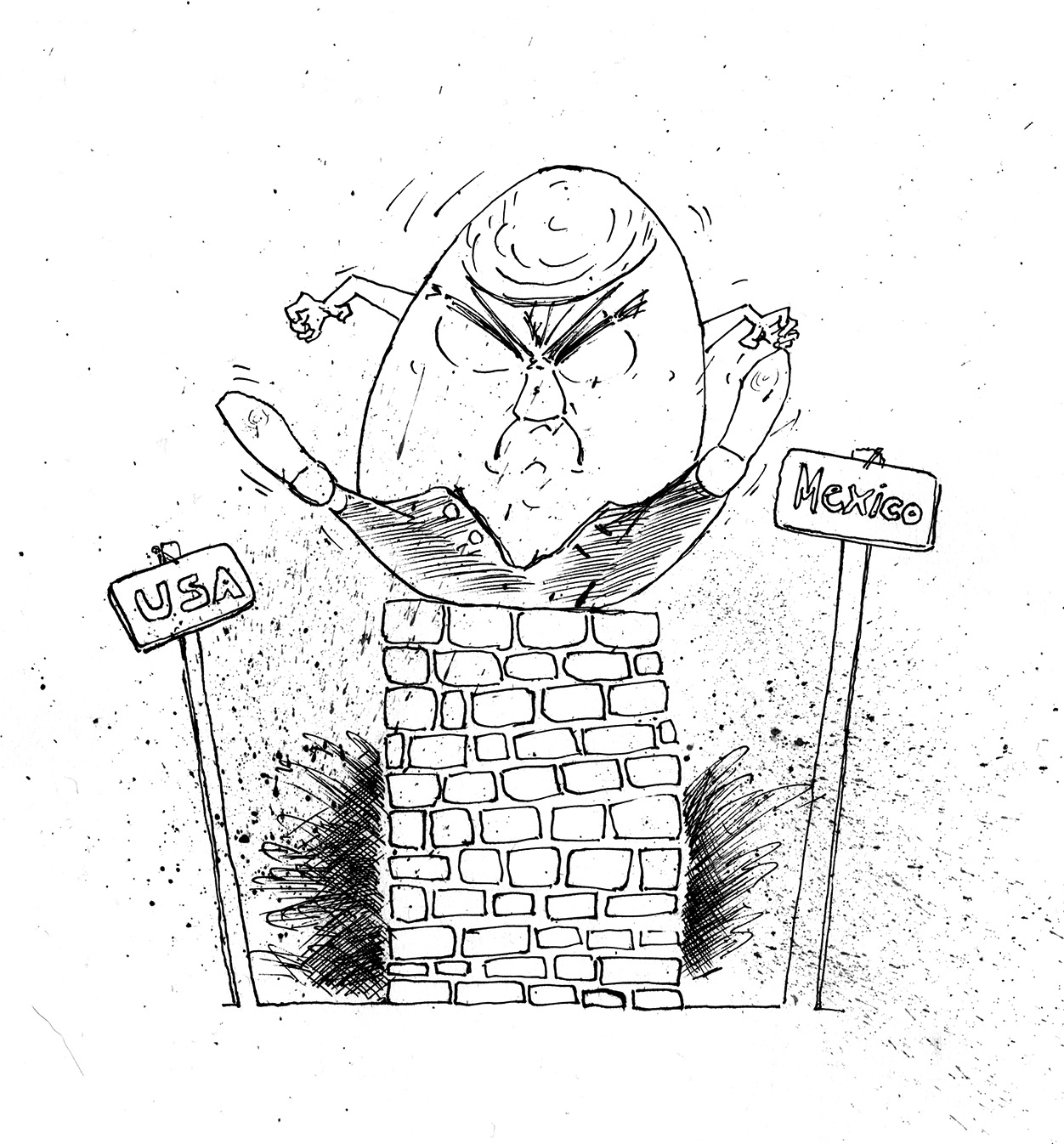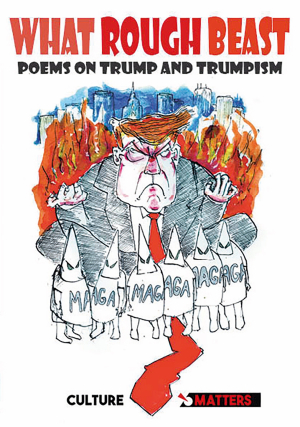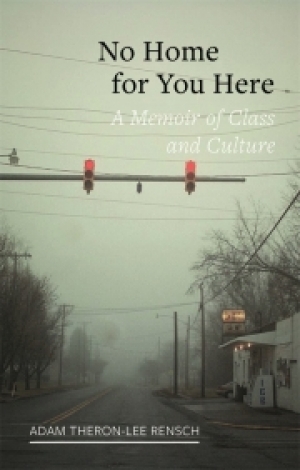Mike Quille interviews Adam Theron-Lee Rensch about his new book No Home for You Here: A Memoir of Class and Culture
Q. Can you tell us about why you decided to write the book; what the book is about; and why you chose the ‘memoir’ genre to write it in?
A. I was very resistant to writing a traditional memoir, and the first draft of the book included very little personal narrative. While I’ve written about my life and experiences in essays, I believe the memoir or “creative nonfiction” genre tends to perpetuate neoliberal narratives that eliminate structural critique in favour of emotional identification. Everything becomes about the writer as an individual: their suffering, their triumph, etc. Who cares about the larger set of social relations that make this possible? What matters is what is moving enough to sell copy. So, I knew I didn’t want to play into this.
At the same time, I realized my life was something of a convenient structure onto which I could hang my critique: I was born in 1984, came of age in the post-9/11 landscape, and internalized the liberal obsession with meritocracy. If I was going to make something of myself, I thought, I had to become educated. The middle-class fantasy of managerial creativity was baked into how I saw the world, and how I imagined solutions to its problems. I had to unlearn all of that. I think the “left” more broadly also needs to unlearn this, and I’m hoping that people will find something useful in reading about my own process.
Q. Yes, and one of the ways you are clearly hoping that readers will ‘unlearn’ their political outlook is through a more accurate understanding of their class position, and the importance of class-based politics. Can you tell us about your own journey to a clearer understanding of class, and your thoughts on how the left can achieve a cultural shift towards a greater class consciousness amongst working people?
The biggest obstacle for me in understanding class was, as it is for many, the cultural and aesthetic markers that are often confused for class: education, taste, etc. I grew up in Ohio, surrounded primarily by poor and working-class whites. For a long time, I was ashamed of this fact, and attempted to leave it behind by embracing a stereotypically “cultured” aesthetic. I placed a lopsided emphasis on “ideas,” that elusive resource utilized by Silicon Valley entrepreneurs and the so-class professional-managerial class. There was something seductive about feeling smart, but at the end of the day it did not change my material conditions. I was still struggling to find reliable work, and was in debt from all that schooling I was certain would bring me success.
A few years after the financial crisis of 2008, I moved back to Ohio. Slowly, and admittedly with some resistance, I began to see that all the stuff I thought mattered was not very important. It was mainly a way for me to rationalize my own position in the hierarchy: I may be poor, but at least I’m not stupid! Sadly, this is still a common reason for many to justify inequality and suffering. I think the first major step in creating class consciousness would be to understand that it has nothing to do with individual beliefs and traits of this sort. You likely belong to the same class as many of your partisan adversaries—the working class—and while it may feel uncomfortable to demand justice for them as well it is nevertheless the only way forward.
What I mean is that a majority of workers receive a wage that barely covers their cost of living. It is enough to cover rising costs in housing, food, and insurance, perhaps a credit card or car payment, but not enough to get ahead. Many are not “lucky enough” to even make this much. These are the conditions that shape the lives of most people. They are material, not cultural, and they unite workers in a way that other categories cannot.
The left’s best chance at organizing a broad movement is to focus on these material conditions that a diverse population has in common. This is of course easier said than done, because cultural divisions are powerful. Resentment is a logical reaction to suffering, and it is easier to blame someone than it is to accept that your pain is simply the result of an indifferent economic logic. But again, I think focusing on material condition is a necessary first step toward creating a political movement that a mass of people find appealing.
Q. Ok so if we need to develop a new culture of class-based politics which will unite the mass of working people, this will mean engaging in so-called ‘culture wars’ against the dominant forces that shape our culture. In this context, what do you think is the responsibility of cultural workers – artists, poets, writers, film-makers, playmakers etc. – to help our class develop and apply a more class conscious approach to social and political campaigns?
This is a good but difficult question, but one I think about a lot given my own position as a writer who values culture objects like novels and films. I am not “influential” in any meaningful sense, at least compared to mainstream writers and filmmakers who reach the general public. Nevertheless, I am conflicted by the role works of culture play. It is something of a cliché to bemoan the fact that art is a commodity, and that works of film or literature, even those with explicitly political commitments, must in some sense appeal to a market for distribution. But acknowledging the cliché doesn’t change that fact. The market’s primary function is to relegate politics to the realm of consumer preference: this film appeals to your political sensibilities, that novel appeals to someone else’s, etc. In my more cynical moments, I often wonder if art is not inherently conservative, even when its aesthetic is outwardly radical.
At the same time, I don’t think being a philistine is a useful position for anyone to take. So, what we’re left with is a tension between market forces and the individual commitments of cultural workers, the latter of whom must court the market for an audience. Their politics, much like the critics handing out prestigious awards, tend to skew liberal. But I would say if there’s one thing cultural workers can do it is challenge the sort of narratives the market finds so appealing, and that justify the neoliberal worldview of individual adversity and triumph. What this would look like, exactly, I’m not sure. Class relations have nothing to do with “the individual” in the narrative sense, or even “lived experience,” to borrow a term used a lot these days. Perhaps the role of cultural workers is simply to find ways to make objects that acknowledge this. I think a film like Parasite comes close: it is a film first and foremost about class, and adopts genre tropes to offer a description of class relations, which is totally smart and useful.
Q. Thank you! There is a lot there to think about, and that resonated with our approach to culture on Culture Matters. Can I now turn to the main political and cultural issue in the United States – the presidential election. In the light of the need for more class-based politics, what’s your take on Trump’s presidency and the class consciousness of different segments of the American people?
Contrary to popular belief, I think class consciousness does exist in America. The problem is that it’s the wrong class. The wealthy have a keen sense of their position, and as our political “spectrum” shows they are willing to put aside differences to make sure they maintain their power. Indeed, bipartisanship is never greater than when workers try to organize or fight back.
There are many obstacles preventing widespread class consciousness among workers, from the shame of admitting one is poor to the atomization characteristic of what I like to call “curated capitalism.” The algorithm has done a lot to fracture any sense of a common or “mainstream” culture that everyone interacts with. Everything can be tweaked and personalized, and soon you find yourself online in communities of people just like you, never needing to interact with anyone outside of it. Add to this our lack of organized labour, our culture wars, and a deep suspicion toward the possibility of change, and you’re left with a country of alienated people who are often too exhausted to do anything except find small comforts in leisurely activities.

Adam Theron-Lee Rensch
Trump’s presidency has been painted as some sort of populist uprising, but I don’t think that’s quite right. About 110 million people didn’t vote in 2016, mostly those in the lower income brackets. If anything, the absence of working class participation is the real populist revolt, but this fact is never talked about seriously. Instead, we continue to inflate the problem of the “white working class” who of course is described as inherently authoritarian, racist, etc.
Why? Because it justifies the worldview of those who benefit from our class structure, and ensures that the discourse focuses on criticizing individuals (bigots) and not social relations. After all, if you’re a manager or media personality, even one with left-leaning politics, do you really want workers to organize and take away what power and influence you have? It’s not a surprise that during the 2020 primary, Elizabeth Warren’s base was educated professionals who preferred her top-down managerial approach to Bernie’s bottom-up solidarity. They were the ones who’d get to manage the “revolution”!
Q. Thank you. Finally, what is your view on the result of the election, in terms of the need to develop and promote class-based and socialist politics in the U.S.? What does the future hold for the U.S. and the world generally?
The 2020 election was in a lot of ways a missed opportunity for class-based politics in America. Sanders never fully recaptured the insurgency he represented in 2016, and I think his exit was seen by the establishment as an indictment of policies that prioritize the needs of the working class. As a result, the “choice” between Biden and Trump was basically aesthetic: which version of austerity do you prefer?
Moving forward, I think there needs to be a serious conversation about what “the left” represents. The culture wars of the Bush era never really went away, they were just given new descriptions. To be somewhat reductive, the Christian Right was replaced by the Fascist alt-right, and the Latte Left was replaced by the anti-fascist Left. A lot of self-described socialists still reflexively approach working people as incapable of contributing to the movement. They are often seen as too reactionary, or too uneducated, unable to participate in the discourse properly. As someone who has spent too much time in academia, I feel comfortable saying we need to stop taking our cues from intellectual vanguards and prominent media personalities who remain mired in the culture wars. Under this approach, material interests of working people are not always represented within this dynamic. This can make the left’s project alienating and incapable of attracting broad support.
I am not smart enough to offer an easy solution to this problem. What I will say is that we need to focus more on those material interests that impact a massive segment of the population: wages, insurance, housing, and debt. The U.S. economy is not productive in the way it once was, which means the source of exploitation has changed. While industrial capital still exists, much of it has been outsourced and replaced by finance capital. Monopoly rent-seeking has become a critical problem and effectively resurrected feudalism.
In other words, far fewer American workers are being paid to produce goods that other workers buy to realize profits. Rather, profits are realized by charging workers to use services. This is the Silicon Valley model as seen with Netflix, Spotify, and others. Amazon, for example, generates billions each year simply by charging people to host websites. How do these companies remain profitable? They do so by cutting costs, not by hiring more workers to produce more goods. So, focusing our energy on that parasitic model of profit extraction would have the greatest impact in changing the power relations to benefit working people.
